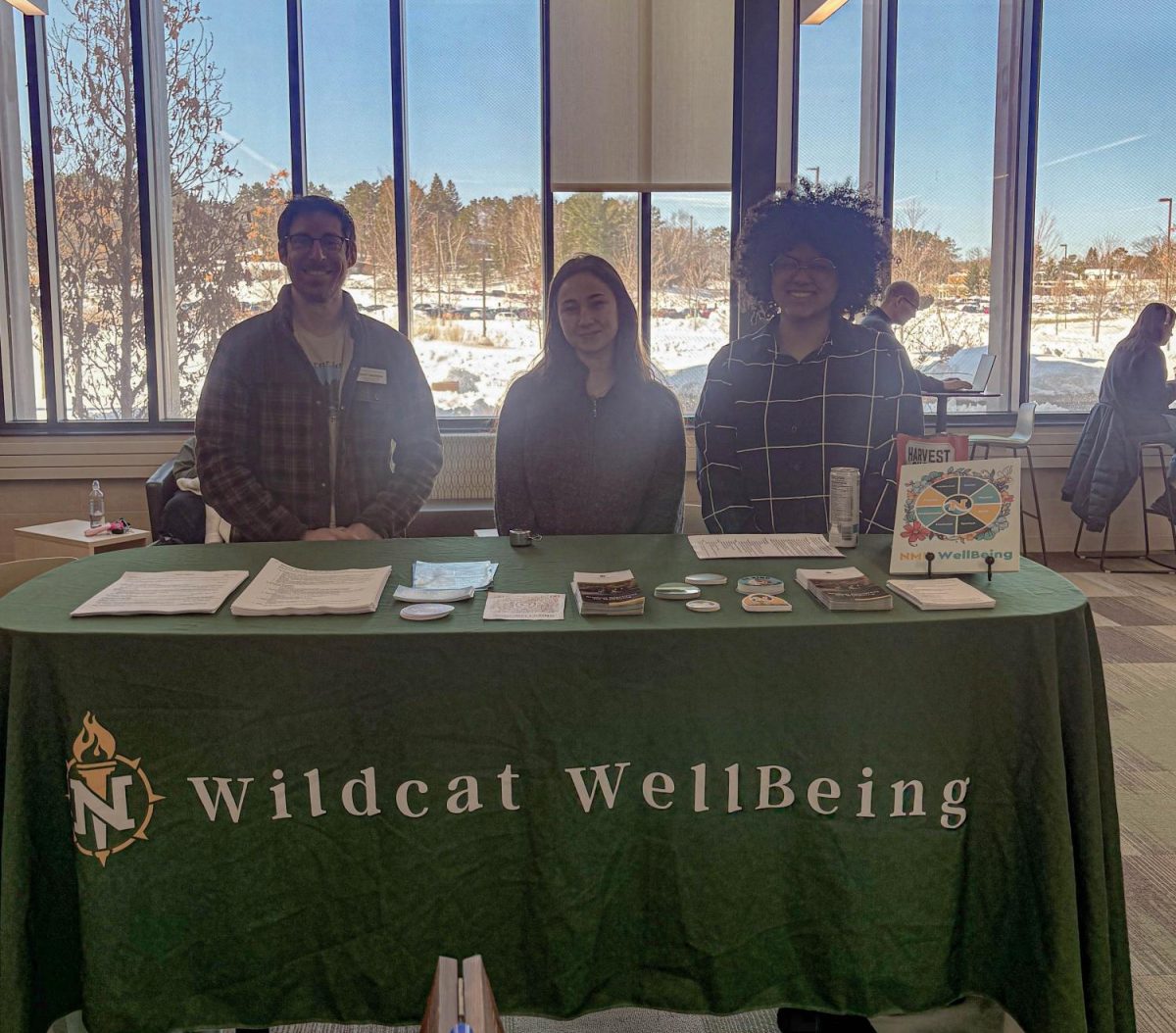Opinion — Navigating college as a first-gen student
February 1, 2023
When I was in high school, I was constantly told by teachers and advisors that I would be attending college. They often phrased my potential for postsecondary education matter-of-factly, inferring that I had no choice but to secure a bachelor’s degree after earning my high school diploma. Not attending college, according to them, would be foolish of me.
This sentiment is the norm for most high school students today, all of whom are told (rather than encouraged) to attend an accredited university upon graduation. We have all been advised that we must attend college to start a career, earn a sustainable income and make something of ourselves.
But for first-generation college students, the entire process of applying, funding and understanding higher education can be incredibly overwhelming.
According to the Center for First-Generation Student Success, a student is considered to be first-generation if their “parent(s) did not complete a 4-year college or university degree, regardless of other family members’ level of education.” On NMU’s campus, a little more than one-third of the student population identifies as first-generation students.
As a first-generation student myself, selecting and applying for colleges at the beginning of my senior year of high school was scary. I was unsure which universities offered the best programs and amenities for my unique needs. I had to find a roommate, submit dorm applications and select an affordable meal plan — which was one meal a day for an entire semester …
After an initial meeting with my academic advisor at NMU, I felt as if I was left to navigate the university all by myself. I spent hours calculating how many credits I needed to complete my degree, ensuring that I was able to take all of my required courses and graduate in less than four years. My parents and I also learned how to file the Free Application for Federal Student Aid (FAFSA) together, which resulted in many tears being shed at the kitchen table.
Most first-generation students lack the cultural capital, like social connections and a basic understanding of educational jargon, that is required for a successful college experience because their parents did not secure a college degree.
This lack of cultural capital leaves many first-generation students feeling ostracized or disconnected from the campus community. Many feel they are the only ones struggling when in reality everyone faces academic and personal hardships while attending college. The only difference between first-generation and continuing-generation students is the latter knows how and where to seek help.
The COVID-19 pandemic only heightened the disparities between first-generation and continuing-generation students. Not only did pandemic schooling require a complex understanding of online learning tools, but it also made access to the technology necessary. And considering that most first-generation students lag behind continuing-generation students regarding household income and financial support, many relied on local employment that ceased during the pandemic to fund their education.
I felt incredibly isolated during my first year at NMU due to pandemic protocols. While the safety measures were important for mitigating the spread of COVID-19, they certainly affected my college experience. In addition to masking whenever you went outside of your dorm room, dining hall meals were carry-out only — meaning that I ate my dinner alone every night in my shoebox of a room.
However, in my final year at NMU I discovered that cultural capital, financial advising and academic support can be acquired through services that are tailored to first-gen students’ needs thanks to the Higher Education Act of 1965.
After the HEA was signed, the provided educational resources at postsecondary and higher education institutions across the country were strengthened. The act played a crucial role in ensuring that higher education is both accessible and attainable to all citizens. According to the National Education Association, the HEA “opened the doors to college for millions … by establishing need-based grants, work-study opportunities and federal student loans.”
I have the HEA to thank for my finding the Student Support Services (SSS) Office at NMU — a unique program tailored to first-generation college students’ success. In addition to offering academic advising and financial education courses, the office organizes social events to enhance students’ sense of community on campus.
When it comes down to it, the HEA and SSS have given me the tools necessary to excel as a college student. I had the drive, passion and smarts to secure a bachelor’s degree — qualities that most first-generation students have. However, the resources that have been made available to me, from having my resume redesigned to obtaining a professional (and free) headshot, have fully prepared me for what the future holds.
Editor’s Note: The North Wind is committed to offering a free and open public forum of ideas, publishing a wide range of viewpoints to accurately represent the NMU student body. This is a staff column, written by an employee of the North Wind. As such, it expresses the personal opinions of the individual writer, and does not necessarily reflect the position of the North Wind Editorial Board.




























